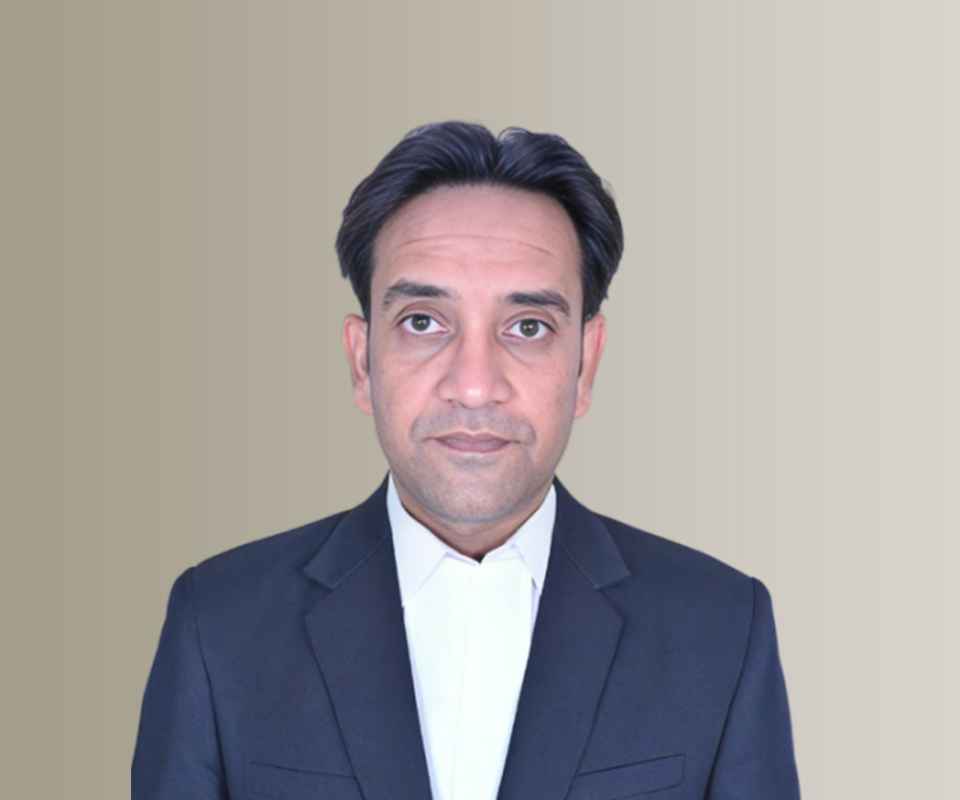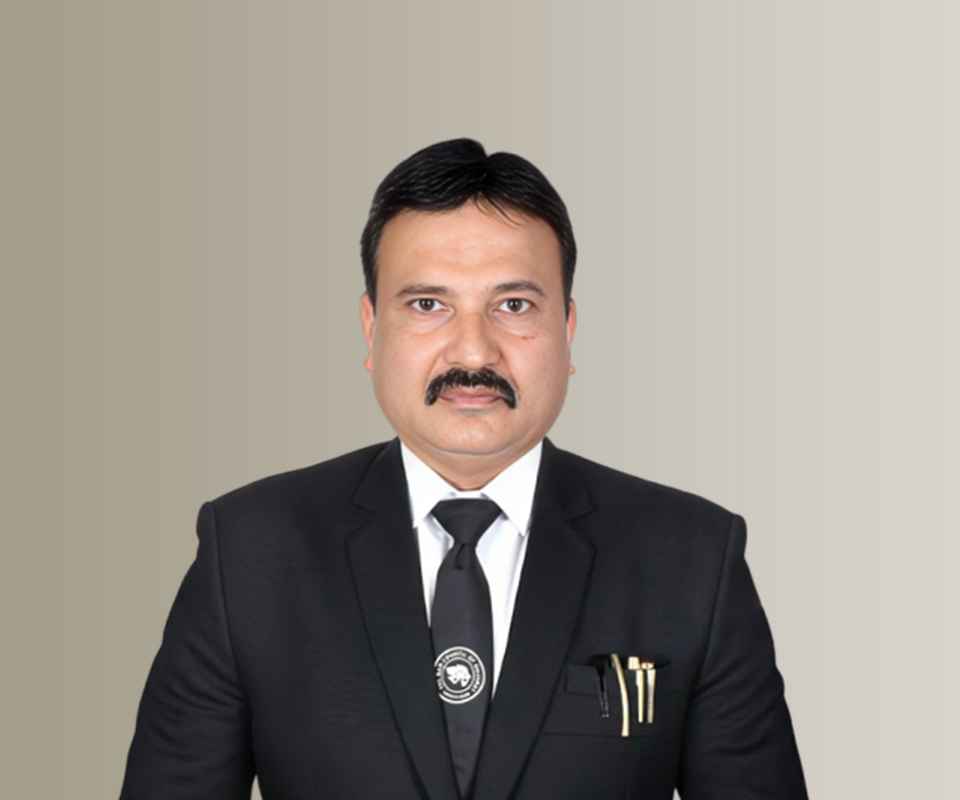Answer By law4u team
Yes, children can seek legal help against mental or emotional abuse by their parents. Mental abuse, often referred to as emotional or psychological abuse, can have long-lasting effects on a child's well-being. While laws and processes may vary depending on the country or jurisdiction, there are several avenues for children to seek help and protection from this type of abuse.
Key Legal Avenues for Children Facing Mental Abuse:
Child Protection Laws:
In many countries, there are child protection laws that include emotional and psychological abuse as forms of maltreatment. These laws are designed to safeguard children from all types of abuse, including verbal insults, constant belittling, manipulation, and neglectful behavior that impacts a child's mental health.
For instance, in the United States, laws like the Child Abuse Prevention and Treatment Act (CAPTA) and similar state laws include emotional abuse as part of child abuse, allowing authorities to step in if a child’s emotional or psychological well-being is at risk.
In India, under the Juvenile Justice (Care and Protection of Children) Act, 2015, and the Protection of Children from Sexual Offences (POCSO) Act, 2012, provisions exist for child protection from all forms of abuse, including emotional and mental abuse. These laws allow children to report abuse and seek legal intervention.
Reporting Abuse to Authorities:
Children who are experiencing mental abuse can report the abuse to authorities such as the police, child protection services, or a trusted adult like a teacher or counselor. In many jurisdictions, child protection agencies are mandated to investigate any report of abuse, whether physical or emotional. These agencies can take steps to intervene and ensure the child is safe.
Seeking Legal Intervention (Custody and Protection Orders):
In cases where the abuse is severe, children may be protected through family court proceedings. For example, a child can seek a protection order or request a restraining order against the abusive parent, especially if the abuse is part of a broader pattern of neglect or harm. In extreme cases, a child may be placed in the care of a relative, foster care, or an institution that provides a safe environment.
Additionally, children can seek custody modifications in cases where they are being harmed by one or both parents. Family courts consider the best interests of the child when determining custody arrangements, and emotional abuse can be a factor in awarding custody to the non-abusive parent.
Therapeutic and Psychological Support:
Children who suffer from mental abuse can also seek support through therapy or counseling services. Many jurisdictions provide access to free or subsidized mental health services for children, particularly in cases involving abuse. These professionals can help children understand their situation, cope with trauma, and build emotional resilience.
In the United Kingdom, for example, organizations like Childline provide free counseling for children experiencing mental abuse. They also offer confidential legal advice and can help children understand their options for seeking legal help.
Advocacy and Legal Aid:
If a child is unable to navigate the legal process on their own, there are often child advocacy groups, legal aid organizations, and family lawyers who specialize in child protection. These professionals can represent the child in legal proceedings, helping to ensure that the child’s rights are upheld.
International Frameworks:
International laws, such as the United Nations Convention on the Rights of the Child (UNCRC), provide children with the right to be protected from all forms of abuse, including mental and emotional harm. Countries that are parties to the UNCRC are required to implement national laws and systems to protect children from psychological abuse and neglect.
How Children Can Seek Help:
Reporting to Trusted Adults:
If a child is experiencing mental abuse, one of the first steps is to speak to a trusted adult. This can be a teacher, counselor, relative, or family friend who can help report the abuse to authorities. Many schools and educational institutions also have specific protocols for handling reports of abuse.
Contacting Child Protection Services:
Many jurisdictions have child protection hotlines or agencies that are designed to help children in distress. These organizations provide resources, support, and legal options for children facing abuse. In the U.S., children can call the National Child Abuse Hotline (1-800-422-4453) to report abuse and get assistance.
Seeking a Lawyer or Legal Aid:
If the child is old enough or has a guardian, they can contact a lawyer who specializes in family law or child welfare. Legal aid services are often available to low-income families to help children seek protection orders or begin legal proceedings against abusive parents.
Accessing Counseling Services:
In many cases, psychological counseling can be a key tool for children experiencing mental abuse. Counseling services not only help children cope with the trauma caused by abuse but also provide a way to build evidence for legal action if needed. Therapists or counselors can often serve as expert witnesses in cases of emotional or psychological harm.
Example:
Case Example in the United States:
A 14-year-old child, suffering from constant verbal abuse and emotional manipulation by their mother, seeks help from a school counselor. The counselor helps the child contact a local child protection agency, which investigates the situation and works with the family court to arrange for the child’s temporary placement with a safe guardian. The court also orders the abusive parent to undergo therapy and establishes a protective order for the child.
Case Example in India:
A 10-year-old child, experiencing emotional neglect and verbal abuse at home, reaches out to a teacher who helps them report the issue to the child welfare committee. The child is provided with counseling and legal support, and the family is investigated. In severe cases, the child is placed in the care of a relative, and the court begins proceedings to protect the child’s well-being.
Conclusion:
Yes, children can seek legal help against mental abuse by their parents. Laws protecting children from mental or emotional abuse are in place in many countries, offering avenues for children to report abuse, access legal intervention, and receive emotional support. The legal process may involve child protection services, family courts, and counseling services to ensure that the child is safe and that their rights are upheld. The key is for children to reach out to a trusted adult, report the abuse, and get the help they need to escape harm.






